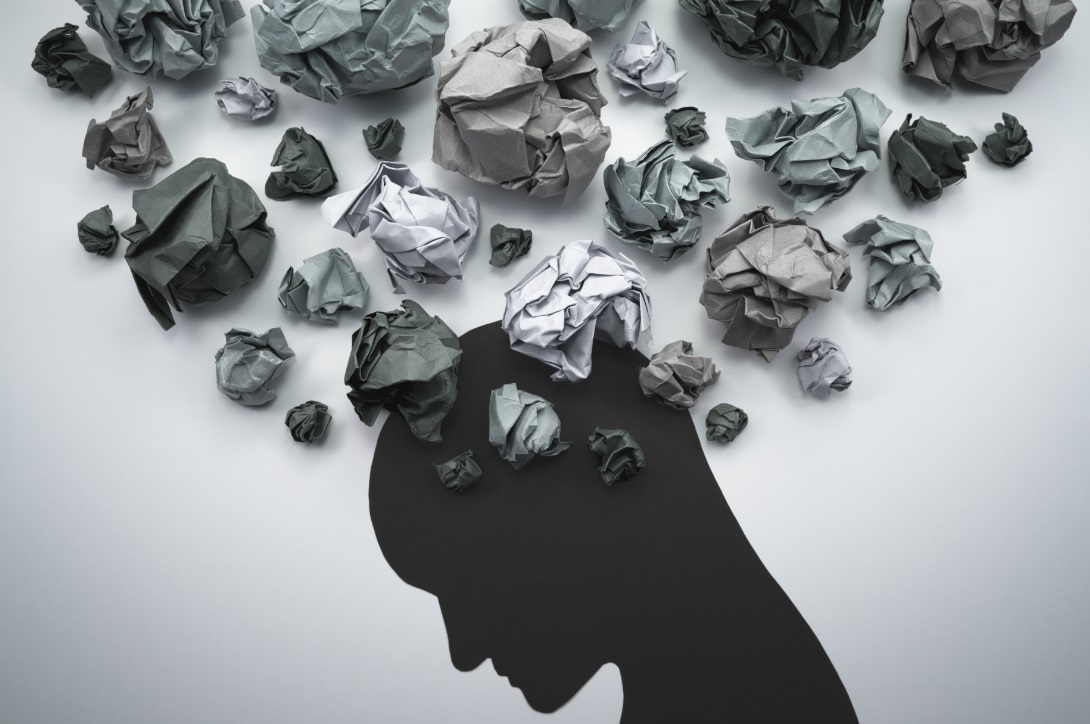Sadness, feeling down, and having a loss of interest or pleasure in daily activities are familiar feelings for all of us. But if they persist and affect our lives substantially, the issue may be depression.
Depression is the main cause of disability worldwide, according to the World Health Organization (WHO). It can affect adults, adolescents, and children.
In this article, learn what depression is and what causes it. We also describe the types, their treatments, and more.
Definition

Depression is a mood disorder that involves a persistent feeling of sadness and loss of interest. It is different from the mood fluctuations that people regularly experience as a part of life.
Major life events, such as bereavement or the loss of a job, can lead to depression. However, doctors only consider feelings of grief to be part of depression if they persist.
Depression is an ongoing problem, not a passing one. It consists of episodes during which the symptoms last for at least 2 weeks. Depression can last for several weeks, months, or years.
Signs and symptoms
The symptoms of depression can include:
- a depressed mood
- reduced interest or pleasure in activities once enjoyed
- a loss of sexual desire
- changes in appetite
- unintentional weight loss or gain
- sleeping too much or too little
- agitation, restlessness, and pacing up and down
- slowed movement and speech
- fatigue or loss of energy
- feelings of worthlessness or guilt
- difficulty thinking, concentrating, or making decisions
- recurrent thoughts of death or suicide, or an attempt at suicide
Find out more about recognizing the hidden signs of depression.
In females
Depression is nearly twice as common among women as men, according to the Centers for Disease Control and Prevention (CDC).
Below are some symptoms of depression that tend to appear more often in females:
- irritability
- anxiety
- mood swings
- fatigue
- ruminating (dwelling on negative thoughts)
Also, some types of depression are unique to females, such as:
In males
Around 9% of men in the United States have feelings of depression or anxiety, according to the American Psychological Association.
Males with depression are more likely than females to drink alcohol in excess, display anger, and engage in risk-taking as a result of the disorder.
Other symptoms of depression in males may include:
- avoiding families and social situations
- working without a break
- having difficulty keeping up with work and family responsibilities
- displaying abusive or controlling behavior in relationships
Learn more about the symptoms of depression in men.
In college students
Time at college can stressful, and a person may be dealing with other lifestyles, cultures, and experiences for the first time.
Some students have difficulty coping with these changes, and they may develop depression, anxiety, or both as a result.
Symptoms of depression in college students may include:
- difficulty concentrating on schoolwork
- insomnia
- sleeping too much
- a decrease or increase in appetite
- avoiding social situations and activities that they used to enjoy
In teens
Physical changes, peer pressure, and other factors can contribute to depression in teenagers.
They may experience some of the following symptoms:
- withdrawing from friends and family
- difficulty concentrating on schoolwork
- feeling guilty, helpless, or worthless
- restlessness, such as an inability to sit still
In children
The CDC estimate that, in the U.S., 3.2% of children and teens aged 3–17 have a diagnosis of depression.
In children, symptoms can make schoolwork and social activities challenging. They may experience symptoms such as:
- crying
- low energy
- clinginess
- defiant behavior
- vocal outbursts
Younger children may have difficulty expressing how they feel in words. This can make it harder for them to explain their feelings of sadness.
Causes
The medical community does not fully understand the causes of depression. There are many possible causes, and sometimes, various factors combine to trigger symptoms.
Factors that are likely to play a role include:
- genetic features
- changes in the brain’s neurotransmitter levels
- environmental factors
- psychological and social factors
- additional conditions, such as bipolar disorder
Continue reading this article HERE.
Credit: www.medicalnewstoday.com
Medically reviewed by Timothy J. Legg, Ph.D., CRNP — Written by Laura Goldman on November 22, 2019





